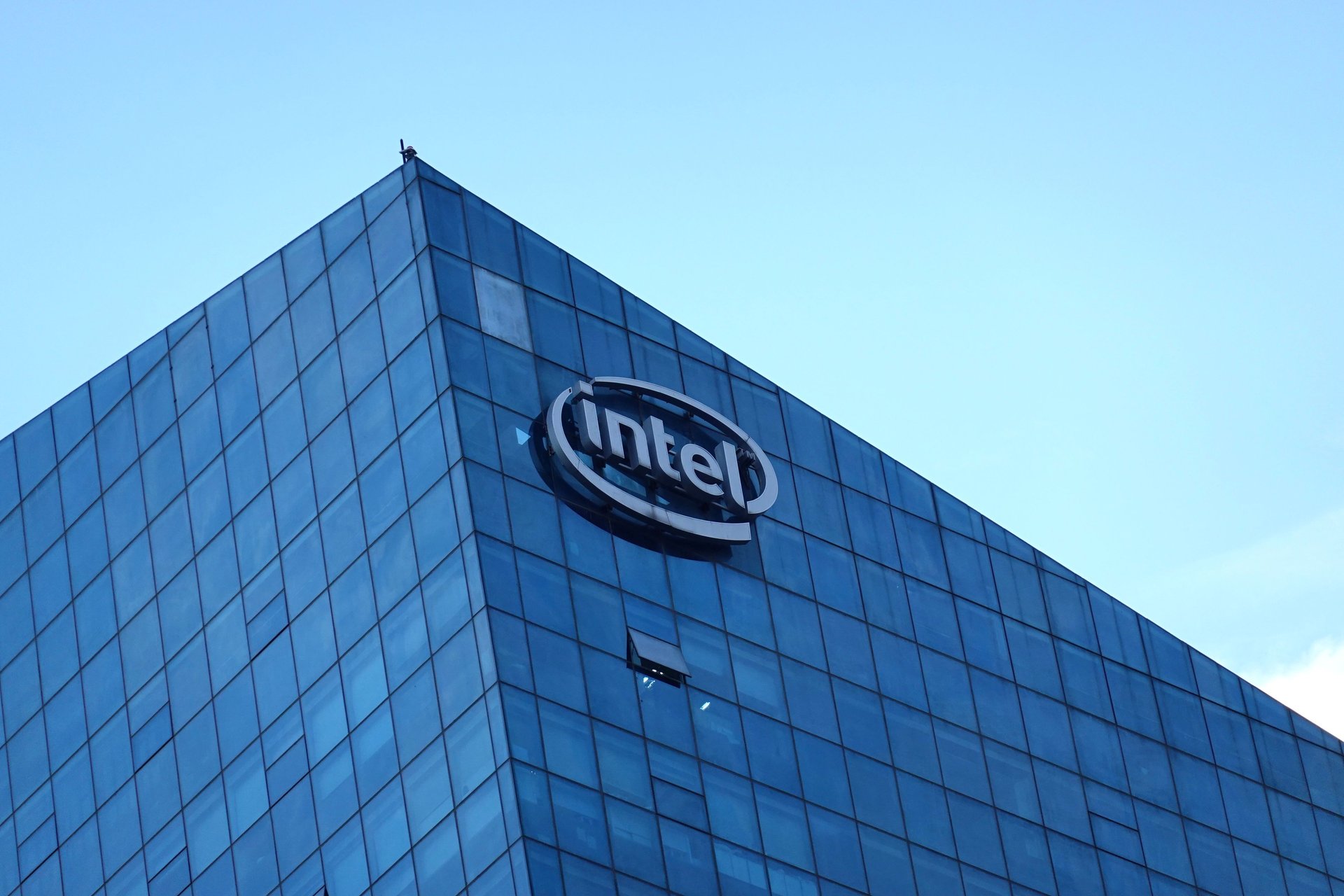Intel receives $5.7 billion investment from the Trump administration
The $8.9 billion total investment from the Trump administration gives Washington a 10% stake in the ailing company's once-formidable business.

Zeng Yu/VCG via Getty
Intel is now a partially state-owned company.
Suggested Reading
The technology company which designs and manufactures computer chips, among other components, has received $5.7 billion in cash as part of its investment deal with U.S. President Donald Trump, Reuters reported.
Related Content
Last week, Intel announced an agreement with the U.S. government that allows Washington to take a 10% stake in the ailing company's once-formidable business. The $8.9 billion sum from the Trump administration renders the U.S. the largest stakeholder in Intel. However, the federal government is a passive stakeholder, meaning it has no governance rights, such as a seat on the company's board of directors.
The Trump administration negotiated an additional 5% warrant, should Intel cease to own more than 51% of its contract manufacturing business, according to Reuters.
The government’s investment in Intel comes at a time when the former tech giant is falling behind rivals like Nvidia in the global AI chipmaking race. In June, Intel announced layoffs as part of a cost cutting drive.
The deal converts some or all of the grants allocated to the company under the U.S. bipartisan Chips and Science Act into equity, Bloomberg reported. Intel was granted a combined $10.9 billion in grants under the act for commercial and military manufacturing, which former President Joe Biden signed into law in 2022. The funding under the CHIPS Act was meant to be dispersed over time and directed to fortify Intel’s domestic computer chip manufacturing with new projects including a new Ohio plant.
The new agreement is unusual given the U.S.'s traditional emphasis on free market capitalism. Washington has mostly avoided taking direct stakes in privately-run companies, but Trump has been at ease widening government authority into the private sector throughout his second term. He had initially demanded that Intel fire its CEO, Lip Bu-Tan, over his past ties to the Chinese military. Historically, the U.S. government eschewed outright intervention in the economy, except in special cases of enormous peril — such as when it took temporary stakes in automakers and large banks during the 2008 financial crisis.
Now, the U.S., under President Donald Trump, joins China in its promotion of "national champions," multinational companies in strategic sectors that advance their government's national interests. The Semiconductor Manufacturing International Corporation (SMIC) is viewed as China's advanced chip-making champion.
The government’s stake in Intel is President Donald Trump’s latest attempt to intervene in the chipmaking industry. Earlier in August, the U.S. government announced a deal that would have two of Intel’s rivals, Nvidia and Advanced Micro Devices, pay 15% of their revenues from sales in China.
— Joseph Zeballos-Roig and Alex Daniel contributed to this article.
